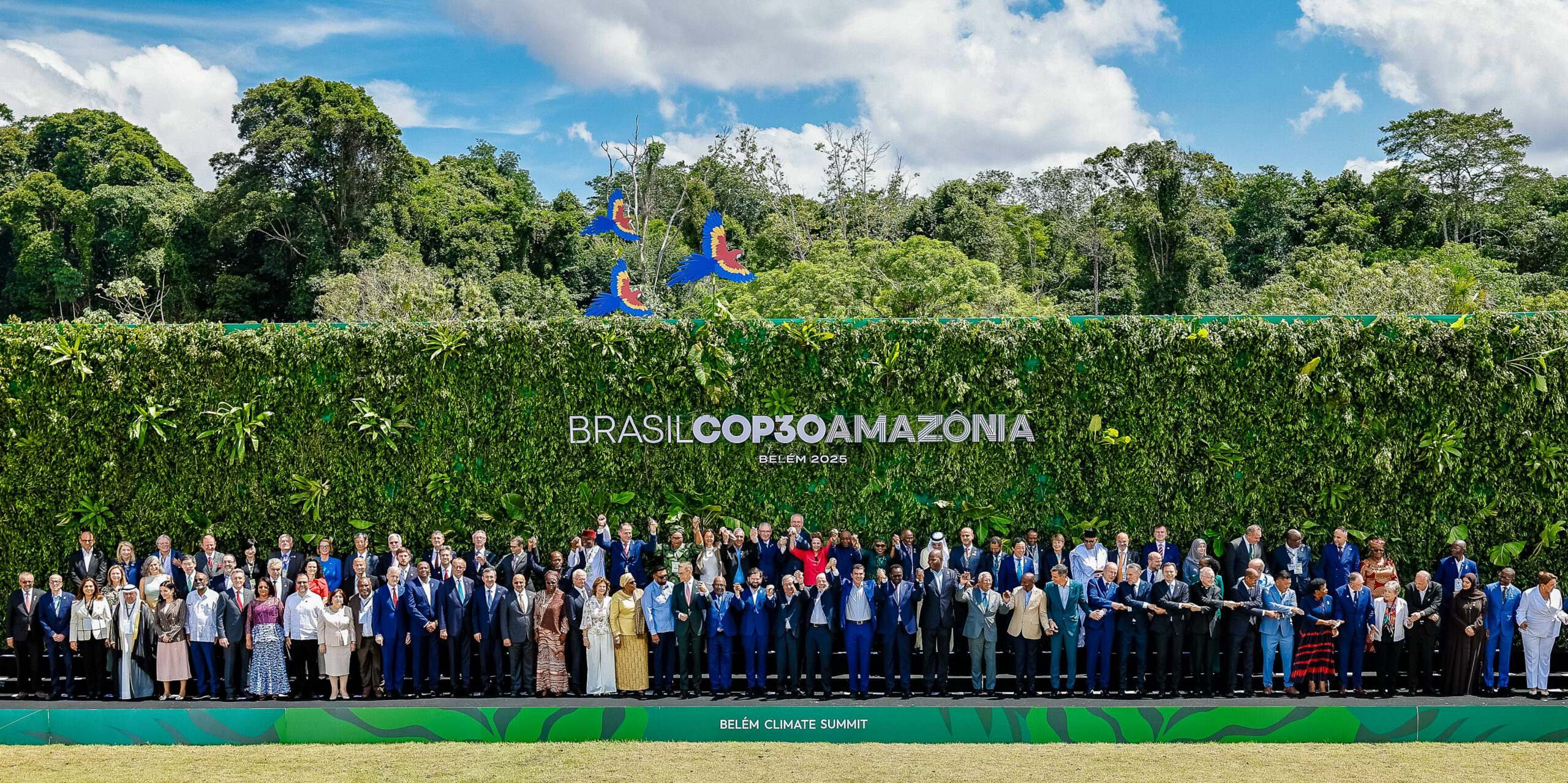Today is the first International Day of Education, a day where we celebrate education’s key role towards fostering global peace and development. Xynteo’s Stefan Chojnicki shares his experience of volunteering with a London youth charity, Hackney Quest.
Education is a human right enshrined in article 26 of the Universal Declaration of Human Rights and Sustainable Development Goal 4. People who have gone through tertiary education are more likely to have higher incomes, to enjoy better health, and have more stable relationships. It is vital, therefore that young people remain in school. Yet, in the UK, close to 800,000 young people aged 16-24 are neither in education, employment or training. And rising rates of exclusion – particularly in inner city, deprived areas – are fuelling concerns about violent crime.
The cost of school exclusions
Stefan, Senior Communications Advisor, saw the reality of this first hand when he started volunteering at Hackney Quest. One of the programmes Hackney Quest ran was providing education for young people that had been excluded from school. “It was challenging work – many of the young people felt the system had already failed them.” The charity realised earlier intervention was vital.
Hidden support systems
The success of a young person at school depends to a large degree on the support they get outside. “For many young people that support network is never acknowledged: but it’s there in the form of the confidence built doing extra-curricular activities, informal tuition from parents, or even just having a safe, quiet place to do homework.”
In areas of high economic and social deprivation, where resources for extracurricular support for young people are less available or where economic hardship places pressure on family life, the ability of young people to navigate their school life is significantly disadvantaged.
This is especially the case for inner-city schools focused on meeting attainment targets, sometimes to the cost of student welfare. “Hackney Quest is seeing cases where harsh disciplinary regimes are leading to exclusions, even for relatively petty behavioural infractions. Rather than working with families and young people, the school is passing the problem onto somebody else.”
Taking a systems approach
Hackney Quest attempts to fill the gap where things could go wrong outside of the school gates, by offering after-school and weekend activities as a safe space to nurture their passions and providing support to families – especially for young people who are starting to encounter problems at school. Hackney Quest helps kids – and families – that struggle to fit the mould, “that need help to navigate a school system that can be alien and challenging” and that prevents them from thriving in the same environment as their peers.
Stefan reflected on how the systems-thinking approach he encountered in Xynteo has been used by Hackney Quest. “The team at Hackney Quest would never call it that – but they’re taking a systems approach when they realised that you need to look beyond the school gates to fix the problem of school exclusions. For kids to have a successful route to an education, it’s not just about schools, it’s also about families and the local community – and how they work together.”
Stefan has been volunteering at Hackney Quest for eight years now. What keeps him there?
“For me, it’s seeing the tangible impact the charity has on young people. But it’s also the passion and complete dedication of the small staff team. If ever you wanted to see an example of what it means to bring the idea of purpose into your work, they’re the perfect example.”
Xynteo is a proud supporter of the work of Hackney Quest. If you want to support its work with young people and families in inner city London, you can do so here.
Stay up to date on Xynteo by following us on social media. LinkedIn I Twitter
Or contact us to find out how we can help your leaders and organisation create planet-positive and inclusive growth.



